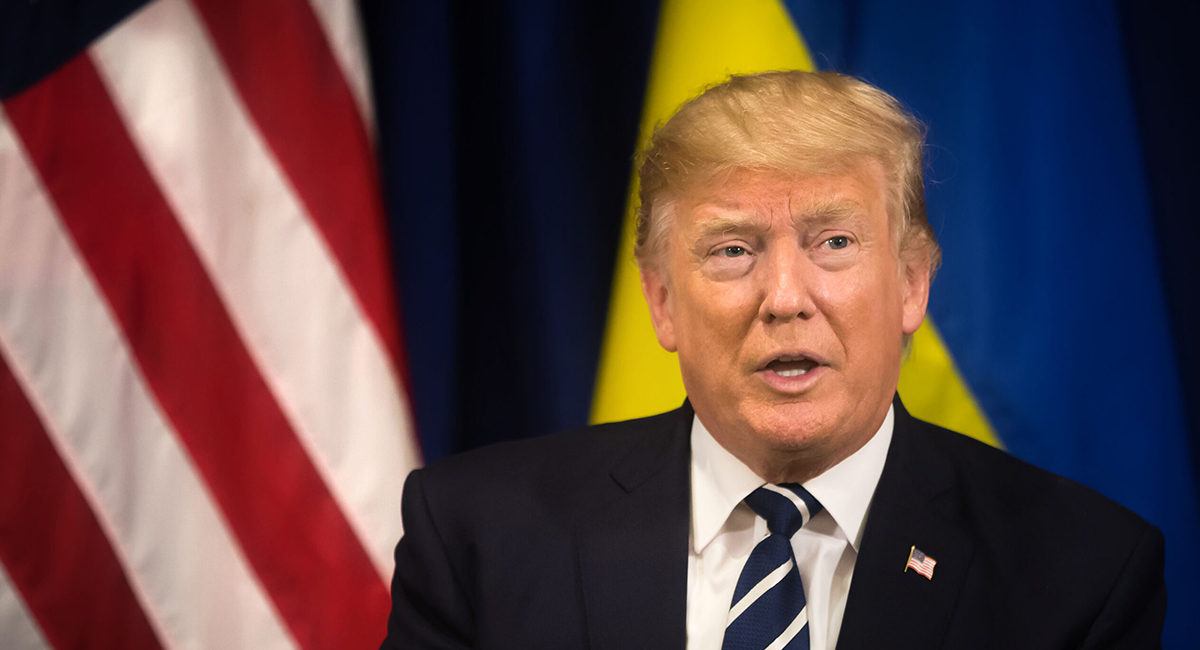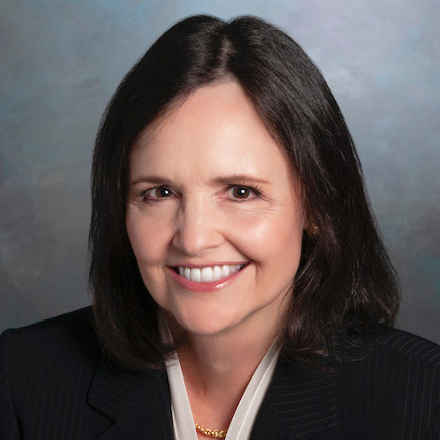Much has been made of President Trump’s supposed lack of interest in human rights and the promotion of American ideals. Stepping back from his rhetoric and looking at his actions suggests an alternative conclusion.
If it were an easy task to set up a flourishing democracy, the entire world would be experiencing peace and prosperity. But it has never been simple. Many people around the world understand that liberty, opportunity and fairness flow from democratic institutions. But establishing such systems takes time, and progress is uneven. The growing pains of warring internal factions and harsh retributions meted out by ruthless authoritarians slow the march toward democracy.
President Reagan sought to address the issue in a speech before the British Parliament on June 8, 1982. He affirmed it was a mistake to ignore the rise of tyrants: Britain had paid a terrible price in World War II after allowing dictators to underestimate its resolve. He further maintained that democratic nations needed to resist as a matter of self-expression. Reagan said we must think of ourselves as “free people, worthy of freedom and determined not only to remain so but to help others gain their freedom as well.”
The 40th president proposed countering totalitarianism and its terrible inhumanity by actively promoting freedom and democratic ideals throughout the world. He envisioned the creation of a bipartisan U.S. political foundation that would assist democratic development by openly providing support to those seeking equality and liberty for their countrymen. Building the infrastructure of democracy—free elections, free markets, free speech and rule of law—would empower people to choose their own way to reconcile their own differences through peaceful means. “Democracy is not a fragile flower,” Reagan observed. “Still, it needs cultivating.”
The National Endowment for Democracy, launched as a result of that speech, remains faithful to its founding mission: to help others achieve a system that protects the inalienable rights of individuals and guarantees the people’s freedom to determine their own destiny. The endowment provides modest grants to democracy activists around the world, but its greater gift is the imprimatur of moral support from the American people. Brave individuals on the front lines of the struggle for democracy in their own countries draw strength from that connection.
The efforts of five endowment grantees battling government corruption were applauded during a Capitol Hill ceremony on Wednesday, with remarks delivered by House Speaker Paul Ryan and Minority Leader Nancy Pelosi. Yet some argue that endorsing the spread of the American idea beyond the U.S. no longer aligns with the preferences of American voters. The most cynical voices claim Mr. Trump neither accepts nor comprehends the profound influence of America’s moral authority in the world.
That simplistic narrative is wrong. Consider Secretary of State Rex Tillerson’s remarks to his department’s employees last month. He adjured them to “remember that guiding all of our foreign-policy actions are our fundamental values,” which include “freedom, human dignity, the way people are treated.” As Mr. Tillerson explained, the objectives of the administration’s America First approach—encouraging economic prosperity and maintaining military readiness—are crucial if the U.S. is to promote its values abroad.
Mr. Trump’s decisions ultimately make the difference. “I see in the president somebody who said a lot of things in the campaign,” former Secretary of State Condoleezza Rice noted in a recent Journal interview. “But when he was sitting in that chair and watched Syrian babies choking on chemical gas said, ‘I can’t let that stand.’ ”
What Mr. Trump apparently felt at a gut level is entirely in keeping with that uniquely American quality of being unable to ignore injustice—that inability to stand idly by while the rights of others are cruelly violated by despots. Does he appreciate that America’s own hard-fought path to democracy and equal rights means we never retreat from leadership or abstain from righteousness in a world prone to malevolence?
One notable event may provide a telling indication. In February, Mr. Trump met in the Oval Office with Lilian Tintori, wife of jailed Venezuelan opposition leader Leopoldo Lopez. Afterward the president tweeted a thumbs-up photo of himself, together with Vice President Mike Pence and Florida Sen. Marco Rubio, standing beside Ms. Tintori. “Venezuela should allow Leopoldo Lopez, a political prisoner & husband of @liliantintori (just met w/@marcorubio) out of prison immediately,” read his accompanying message.
“Here in Venezuela, jaws dropped,” wrote Emiliana Duarte, managing editor of the English-language blog Caracas Chronicles, in the Atlantic. “For Venezuelans accustomed to living in fear of their dictatorial government, the sight of the president of the United States siding publicly with the most fearless champion of Venezuelan democracy was powerful.”
As someone who has thought deeply about democracy promotion, I take this as evidence that America’s leader—an admirer of Reagan—has the head and the heart to act with fundamental decency. American decency is born of gratitude for what this nation’s founders had the courage and vision to establish. It is what compels Americans to stand for the rights and liberties of those who can’t stand for those rights and liberties themselves. It is what drives the aspiration to share the American values that have made the U.S. not only successful but honorable.









